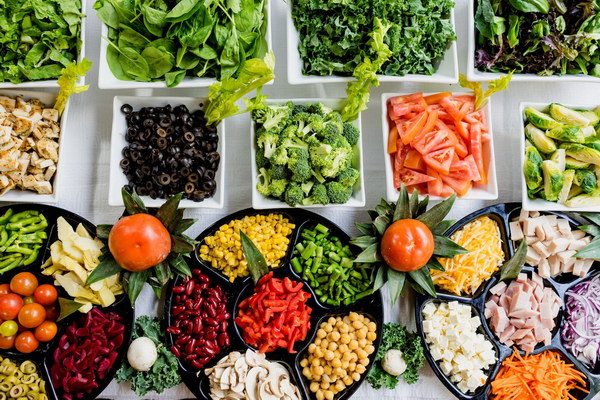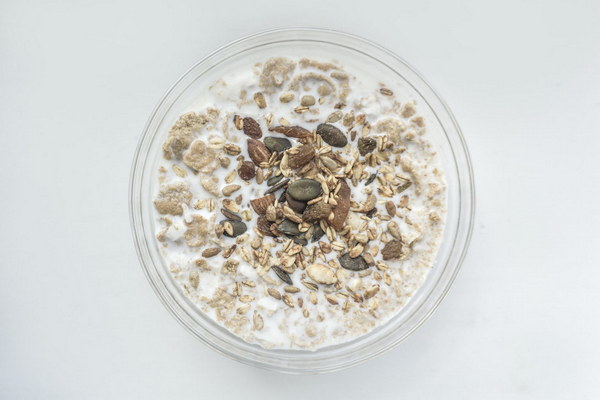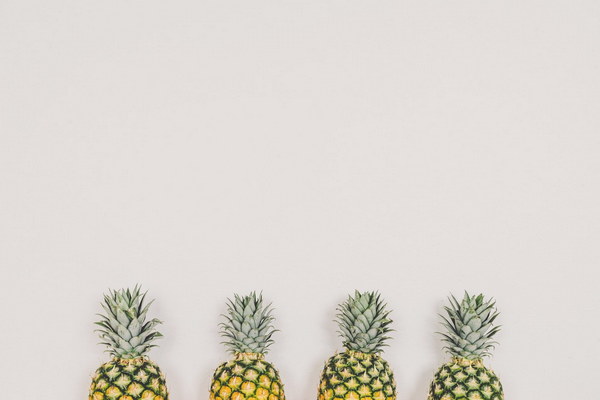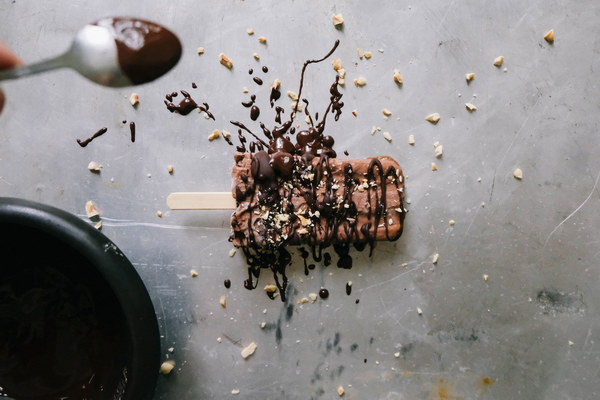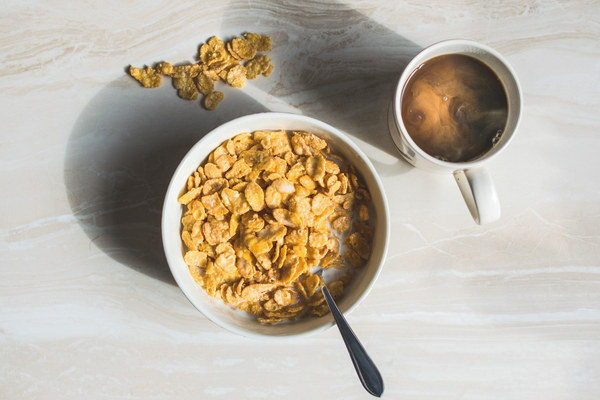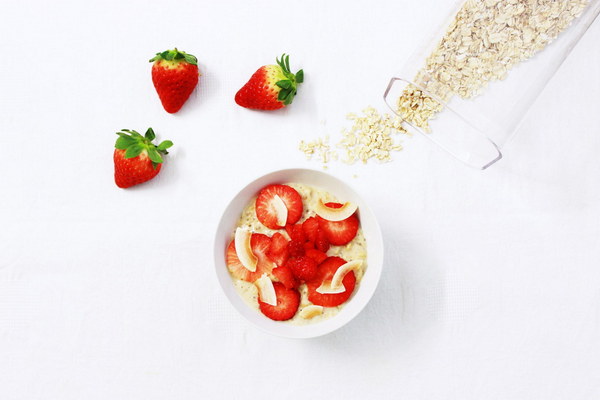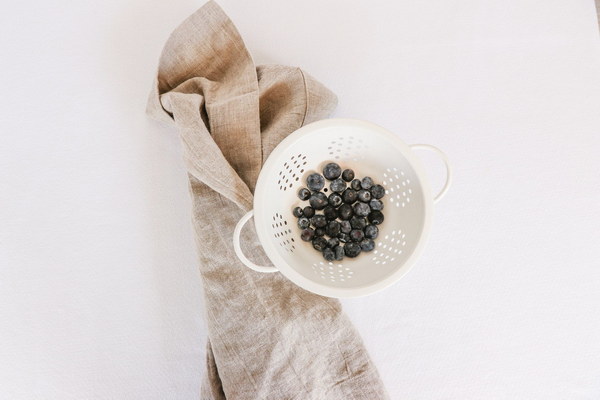Recover Your Lungs After COVID19 A Guide to Nutritious Foods for PostCough Care
After battling COVID-19 and experiencing a cough as a common symptom, it's important to focus on nourishing your lungs and supporting your overall health. The road to recovery involves a combination of rest, medication, and dietary choices that can help soothe your respiratory system. Here's a guide to the types of foods you can incorporate into your diet to aid in lung recovery and post-cough care.
1. Anti-Inflammatory Foods
Inflammation is a natural response of the body to infection, and while it's a crucial part of the healing process, excessive inflammation can prolong recovery. Incorporate these anti-inflammatory foods into your diet:
- Berries: Blueberries, strawberries, raspberries, and blackberries are rich in antioxidants that can help reduce inflammation.
- Green Leafy Vegetables: Spinach, kale, and Swiss chard are packed with nutrients and antioxidants that can help combat inflammation.
- Nuts and Seeds: Almonds, walnuts, chia seeds, and flaxseeds contain omega-3 fatty acids, which have anti-inflammatory properties.
2. Fluids for Hydration

Hydration is key to clearing out mucus and keeping the respiratory system healthy. Ensure you're drinking plenty of fluids:
- Water: Aim for at least eight glasses a day to stay hydrated and help your body flush out toxins.
- Herbal Teas: Green tea, ginger tea, and peppermint tea are not only hydrating but also contain natural compounds that can soothe the throat and respiratory passages.
3. Foods Rich in Vitamin C
Vitamin C is known for its immune-boosting properties and can help reduce the duration and severity of respiratory infections. Include these vitamin C-rich foods in your diet:
- Citrus Fruits: Oranges, grapefruits, lemons, and limes are all excellent sources of vitamin C.
- Berries: strawberries, kiwi, and cantaloupe are also great choices.
- Vegetables: Red bell peppers, kale, and broccoli are high in vitamin C and can be added to salads or cooked dishes.
4. Probiotics for Gut Health
A healthy gut can play a significant role in overall immune function. Probiotics can help maintain a balanced gut flora:
- Yogurt: Look for plain, unsweetened yogurt with live cultures for the most health benefits.
- Kefir: Similar to yogurt, kefir is a fermented milk product that is rich in probiotics.
- Sauerkraut and Kimchi: These fermented vegetables are excellent sources of probiotics and can be added to salads or sandwiches.
5. Foods High in Vitamin D
Vitamin D is essential for immune system function and can also help with lung health. Foods rich in vitamin D include:
- Fatty Fish: Salmon, mackerel, and sardines are all good sources of vitamin D.
- Fortified Foods: Fortified milk, orange juice, and cereals are often enriched with vitamin D.
- Eggs: The yolks of eggs are another source of vitamin D.
6. Herbs and Spices
Certain herbs and spices can help support lung health and aid in recovery:
- Ginger: Known for its anti-inflammatory and cough-suppressant properties, ginger can be added to teas or used in cooking.
- Turmeric: This spice contains curcumin, which has anti-inflammatory effects and can be sprinkled on food or added to smoothies.
- Honey: A natural cough suppressant, honey can be taken in its raw form or added to teas and other warm beverages.
In conclusion, after a bout of COVID-19 and subsequent cough, focusing on your diet is a vital aspect of recovery. By incorporating a variety of anti-inflammatory foods, staying hydrated, consuming vitamin C and D-rich foods, and adding probiotics and beneficial herbs to your meals, you can support your lungs and enhance your overall health. Remember to consult with a healthcare professional before making significant changes to your diet or treatment plan.
